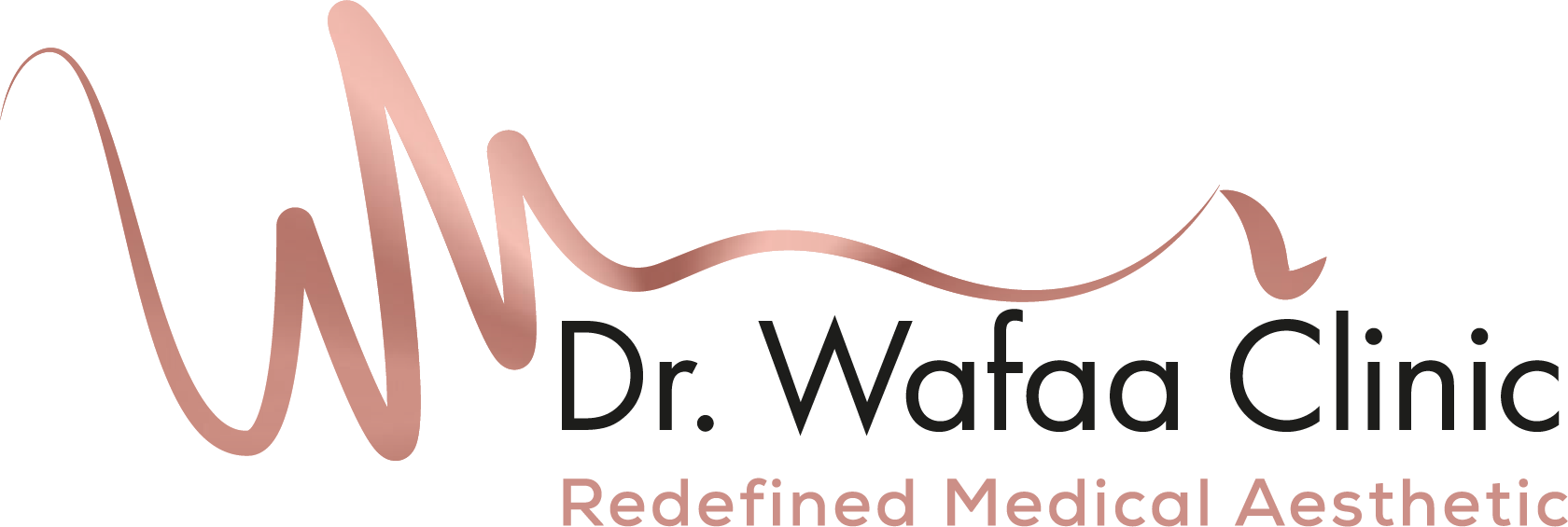With so many innovative and exciting new skincare treatments appearing in recent years it can be hard to choose the one that’s right for you. Here Dr Wafaa simply explains what PRP therapy is and how it can benefit your skincare routine.
At the Dr Wafaa Clinic, we offer PRP therapy to treat a range of facial skin problems, including fine lines, wrinkles, acne, pigmentation and sun damage – to promote a healthier and more radiant complexion. Here’s how it can help you achieve the facial improvements you’ve been searching for.
What is PRP?
PRP (Platelet – Rich Plasma) treatment is a natural way to improve your skins appearance. Harnessing your own bodies resource to improve the look and feel of your skin. Treatment is quick, non-surgical and with virtually no downtime.
PRP involves taking a small sample of your own blood and then spinning it in a special centrifuge to extract the platelet-rich plasma. This occurs naturally in your body and contains high concentrations of growth factors that have been shown to have anti-aging properties.
PRP can stimulate collagen, boost blood supply and improve the appearance of:
- Fine lines and puffiness around the eye
- Wrinkles and fine lines on neck and décolletage
- Acne scars
- Pigmentation and sun damage
- Rejuvenation of lips
- Scar revision
- Enhances surgical results
PRP has many positive benefits on the appearance of skin, harnessing your bodies own unique growth factors to leave your skin looking brighter and tighter.
How long will PRP treatment take?
After taking your blood sample our specialised centrifuge system will separate the red blood cells and create a layer of platelet-rich plasma. This usually takes around 20 minutes and 1-2 vials is enough to treat the whole face and neck.
The procedure itself is normally completed in around 10 – 15 minutes depending on the area being treated. The results are noticed soon after treatment, with patients finding their skin looks younger, firmer and instantly radiant.
Is there any discomfort during PRP therapy treatment?
PRP therapy reintroduces natural growth factors to the skin and is a very safe procedure. Numbing cream is applied prior to treatment to ensure the procedure is a painless as possible. You may feel a slight tingling sensation post treatment but this is completely normal.
Is there any downtime after PRP?
PRP therapy is a non-surgical procedure, so recovery time is quick. In areas where the skin is thin, light bruising can sometimes occur. Patients may experience redness around the injection site, but PRP treatments are well tolerated. Skin cells have a natural turnover and as PRP is absorbed you may experience itching or flaking. Rest assured that this is part of the rejuvenation process.
Can PRP be combined with other treatments?
PRP works well when combined with other treatments. PRP can be applied like a cream following microneedling treatment, using the tiny channels created by this procedure to stimulate collagen production.
PRP also combines well with dermal filler to produce a fuller result, whilst introducing the positive benefits of collagen production. At the Dr Wafaa Clinic we can create a bespoke treatment plan to suit your individual needs.
How many PRP treatments will I need?
We recommend patients have two to three treatments initially. The benefits of PRP build up over time and increasing benefits are seen within eight to twelve weeks. We then advise a single maintenance session every six months.
Does PRP treatment suit everyone?
PRP treatment is a quick and well tolerated procedure that can help to slow down the ageing process. PRP harnesses our own bodies unique healing properties and suits most patients. However, you can support its benefits by maintaining a healthy lifestyle.
Before receiving PRP patients should avoid:
- Smoking for two weeks prior to the procedure and up to 72 hours after, as it hinders the healing process.
- Painkillers such as ibuprofen and aspirin, up to 48 hours before the treatment.
- Alcohol, up to 72 hours following PRP.
After treatment it is also vital to avoid excessive exposure to the sun as your skin will be healing. Apply SPF 50 sunscreen and refrain from sunbathing for at least 72 hours after PRP.
Patients with low platelet levels will not be suitable for PRP. The Dr Wafaa clinic can offer specialist advice on other treatments that may suit you and create an ideal plan for your skin care routine.
Why should I choose the Dr Wafaa Clinic?
Dr Wafaa is an expert dermatologist in anti-ageing and aesthetic medicine. If you want to know more about PRP, please contact the Dr Wafaa Clinic today. We are here to help enhance your natural beauty and confidence.
Book a skin consultation with Dr Wafaa today to discover the right solution for you.

